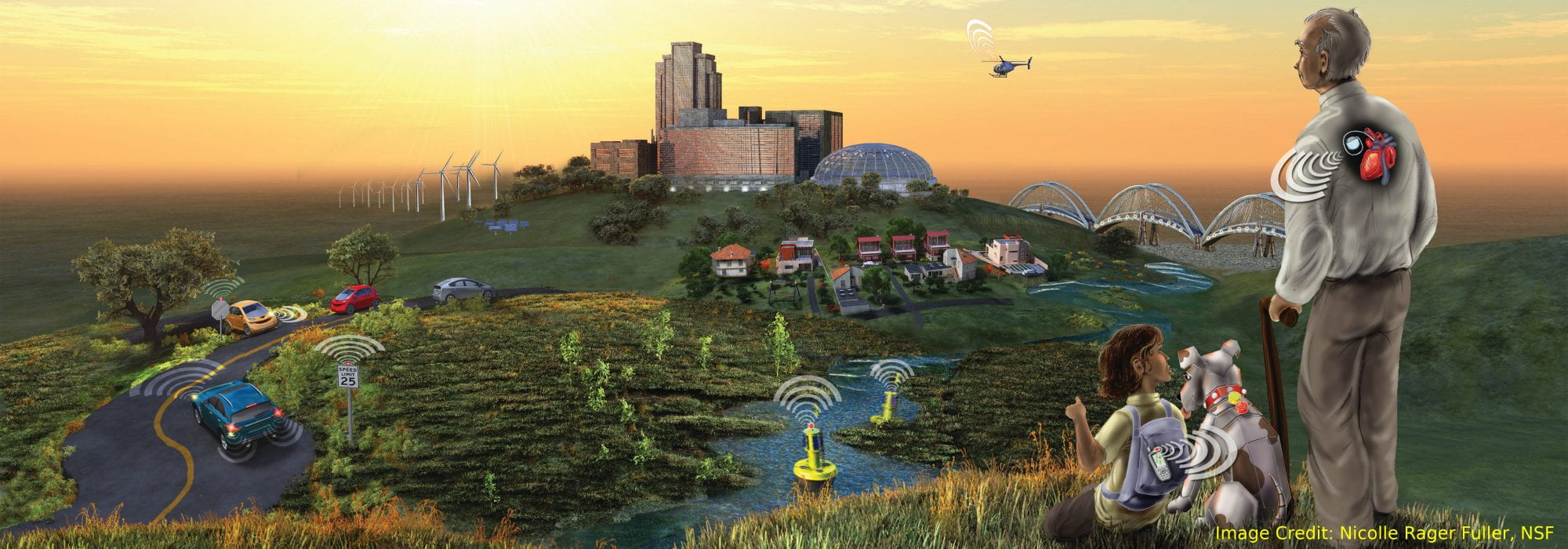Presenter: Dr. Vassilis Athitsos
Affiliation: The University of Texas at Arlington, Department of Computer Science and Engineering
Title: Human Motion Analysis Using Computer Vision: Some Applications,
Methods, and Challenges
Abstract: There are numerous real-world applications that can benefit from computer vision methods performing human motion analysis. This talk will discuss some of the human motion analysis projects that we have been pursuing over the last several years, including sign language recognition, and automatic scoring of physical exercises. These projects have presented several important challenges, that are commonly encountered in human motion analysis. One such challenge is the lack of adequate amounts of training data, that necessitates the use of machine learning methods that can be effective with only a few examples of training objects per class. Another challenge is the difficulty of accurate detection and tracking of individual body parts, which necessitates the development of recognition modules that are robust to detection and tracking errors. A third challenge is matching the typical human motion analysis paradigms developed by the computer vision community with the needs of actual applications, as oftentimes the assumptions made in the lab are not suitable for applications in the real world. The talk will discuss methods that we have developed, results on our target applications, and remaining open problems.
Bio: Vassilis Athitsos received a PhD degree in computer science from Boston University in 2006. Since August 2007 he is a faculty member at the Computer Science and Engineering department at the University of Texas at Arlington, where he currently serves as a full professor. His research interests include computer vision, machine learning, and data mining. His recent work has focused on gesture and sign language recognition, detection and tracking of humans using computer vision, and automated scoring of physical exercises performed by children. His research has been supported by numerous grants from the National Science Foundation, including an NSF CAREER award.
